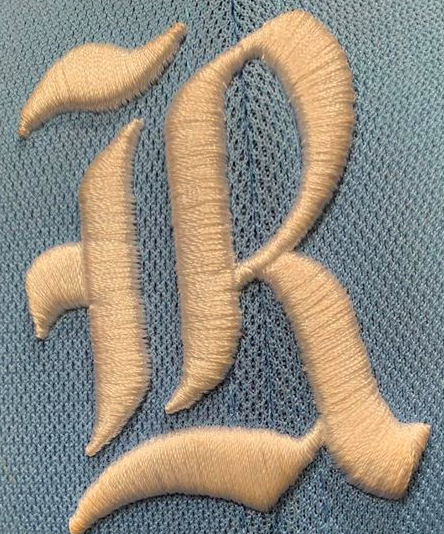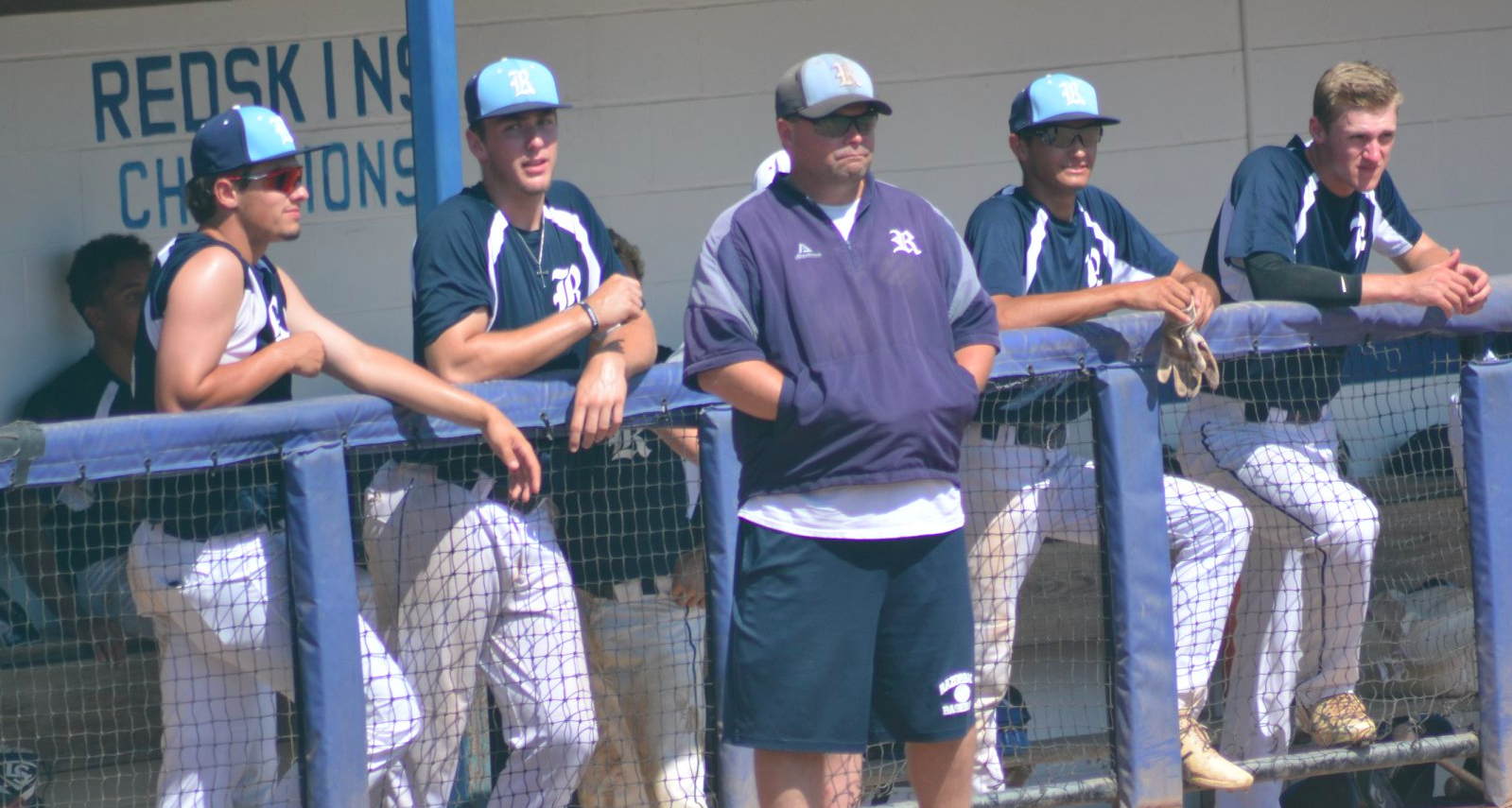
BY STEVE KRAH
New University of Southern Indiana assistant/hitting coach/recruiting coordinator Vinny Tornincasa got his first taste of baseball coaching right after high school.
Tornincasa, who grew up in Chesterton, Ind., had just wrapped his playing career, having helped Andrean High School in Merrillville, Ind., to IHSAA Class 3A state championships his junior and senior years (2009 and 2010). He went 2-for-4 with a run scored as a lead-off hitter/center fielder in the 2010 title game.
“I wanted to stay involved in the game,” says Tornincasa, 32. “I kept growing and one thing led to another.”
Tornincasa gave players guidance with the Hammond (Ind.) Chiefs travel organization then headed to Purdue University Northwest in Hammond as a student (he holds a History degree from the school). He would later be a PNW assistant coach 2015-20 and help with the summer collegiate Carroll (Iowa) Merchants.
He was also a teacher at Scott Middle School in Hammond, Ind., and Valparaiso (Ind.) Alternative School.
After the pandemic, Tornincasa joined the Andrean staff and coached the 59ers in 2021 and 2022. The 59ers won the program’s eighth state crown — all under Indiana High School Baseball Coaches Association Hall of Famer Dave Pishkur — in 2022.
At this point, Tornicasa decided he would be a full-time coach.
The summer of 2022 he was hitting coach and interim manager for the Northwoods League’s Rockford (Ill.) Rivets (37-35) and then became a assistant at the University of Illinois Springfield.
The NCAA Division II Prairie Stars head coach was Ryan Copeland (now head coach at Northern Illinois University).
“He was just awesome,” says Tornincasa of Copeland. “He taught me so much.
“I wanted to learn and he was willing to teach me.
“I’ve learned from a lot of great coaches.”
Among those are Pishkur at Andrean, Dave Sutkowski with the Hammond Chiefs, Dave Griffin at Purdue Northwest, Copeland at IUS and Tracy Archuleta at USI.
“I also want to give a shoutout to Torny (uncle Tom Tornincasa, who coached in pro ball including stints with the Fort Wayne Wizards and Fort Wayne TinCaps) for helping me with everything and getting me to where I’m at. Also, Mauer (Aaron Maurer who Vinny knows from Andrean) and K.J. (K.J. Zelelnika whom he coached with) for always having my back through the tough times.”
Illinois Springfield finished second in the Great Lakes Valley Conference in 2023, batting .313 as a team with 70 home runs and a .414 on-base percentage.
Tornincasa managed Rockford to a 45-27 mark in the summer of 2023.
He was planning to head back to Springfield, but with Copeland changing jobs and Southern Indiana’s Archuleta asking about his interest in joining the NCAA D-I Screaming Eagles that’s the choice he made and was hired as an assistant/hitting coach/recruiting coordinator for the Evansville-based program.
Nick Gobert and Gordon Cardenas are the other assistants. Alex Archuleta is a student assistant coach and Aaron Furman director of baseball operations.
“The lion’s share of it is serving as hitting coach,” says Tornincasa of his duties. “We all do our part with the recruiting side.”
Tornincasa, who attended the 2024 American Baseball Coaches Association Convention in Dallas, emphasizes the importance of batsmen being “on-time.”
“Being on-time you’re in hitting position and that’s half the battle,” says Tornincasa. “Everybody has a certain level of natural ability and talent.
“They’re only going to be able to take that and reach their natural ability by getting them in good positions and reinforcing fundamentals.”
As a hitter himself, being on-time meant tracking the baseball as early as possible and having good hand position and pitch selection.
“Where I see guys struggle the most is movement prior to getting in that hitting position,” says Tornincasa. “So you clean it up and simplify a couple of things without taking away from the individual’s full capabilities.
“I want to see what guys can do and help them maximize that potential.”
Tornincasa says swing path is one of the biggest debates in hitting now.
“The swing path doesn’t matter if you’re on-time,” says Tornincasa. “It always comes back to the fundamentals — be short to the baseball and be explosive with the lower half. If you do that, your swing naturally stays tight and through the zone.”
Hitters can see live pitching and deliveries from a machine to work on their cut. But dry swings with no ball are also beneficial.
“I like dry swings because it gives guys a feel for their movements without having to focus at something coming at them,” says Tornincasa. “It reinforces betting in good hitting position, firing the lower half and making sure they’re not opening up too soon.
“Guys typically get good feedback from dry swings.”
All that being said, Tornincasa notes that it’s his duty to help his team score runs.
“You’re not a swing coach, you’ve got to understand how to run an offense,” says Tornincasa. “That’s where I struggled a little (in the fall). (Archuleta) gave me the direction I needed. I feel pretty confident that I’m going to be able to do a good job what (the head coach) wants and that’s the goal of any good assistant, right?”
Something Tornincasa appreciates about Copeland and Archuleta — men he did not know prior to being hired by them — is that they both embrace practice.
“If you can make practice harder than the game the game should slow down and become easier for guys,” says Tornincasa. “If you can make practice more challenging they’re going to have more success in the game.”
Tornincasa says Southern Indiana tends to recruit players from a 250-mile radius of Evansville with attention to players closer to the Pocket City.
“The more you get to see them the more you’re reinforced with the decision to invest in them,” says Tornincasa. “You’ve got to find out the character of that kid. His values and character has to align with your head coach and program.”
Character does not often show up on video, especially it’s produced by the player. Flaws won’t be included.
“(Seeing players in-person) gives you a chance to see them fail and go against the right competition,” says Tornincasa. “In a video you don’t know if (the opposing pitcher) is throwing 92 mph or 72.
“You can learn a lot just by watching four at-bats. You can see how he is with teammates, how he is before the game and how he is with his parents after the game. Those things do matter.”
Southern Indiana is slated to open the 2024 baseball season Feb. 16 in Mobile, Ala., against the University of South Alabama.








